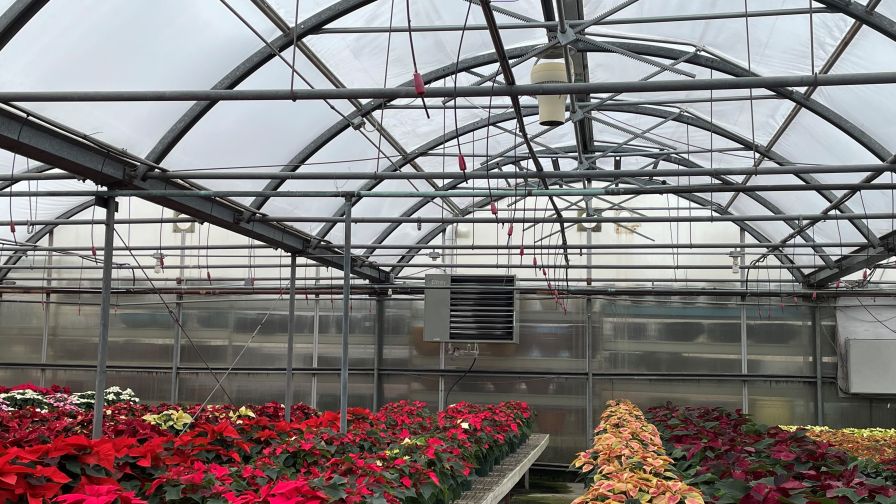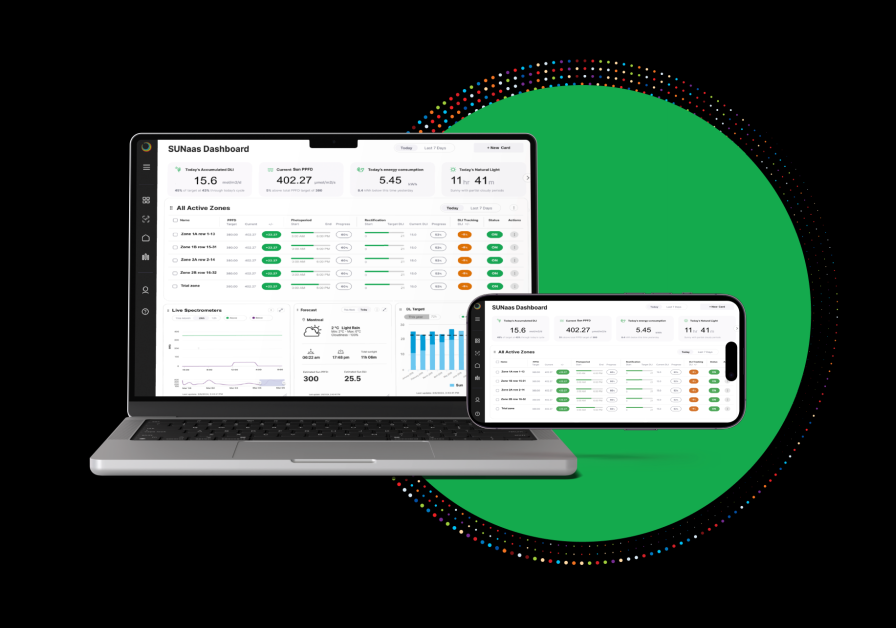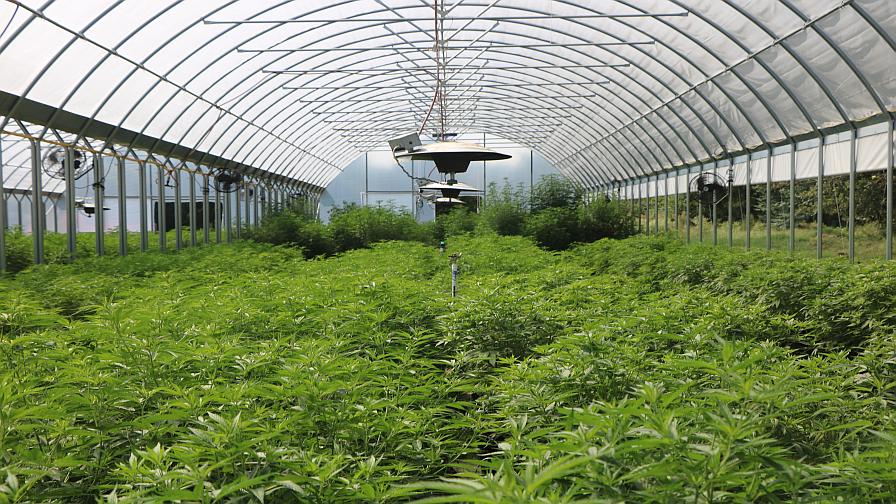Prepare Your Greenhouse Heating for Winter with Preventative Maintenance

Photo: Modine Manufacturing
Greenhouses are the catalysts that allow crops to be grown and harvested year-round. They provide a controlled, consistent environment that is perfect for growing fruits, vegetables, and house plants. Without them, many industries would suffer due to lost crops during the winter months. Of course, none of this would be possible without the necessary equipment that enables these buildings to operate efficiently.
During the winter months, heating solutions are pivotal in the climate control aspect of greenhouses. Oftentimes, unit heaters are utilized in greenhouses because of their smaller size and versatility within the space. Without unit heaters or other solutions, the crops would not be able to withstand the cold temperatures.
Even the best heating unit needs regular maintenance to maintain optimal performance. Creating and sticking to a maintenance schedule will ensure your crops are in the perfect growth environment.
Maintenance for Unit Heaters
Unit heaters, such as the Effinity High-Efficiency Commercial Gas-Fired Unit Heater, provide greenhouses with an efficient heat source in a smaller box. The coupling of the secondary heat exchanger technology with the robust tubular primary heat exchanger design attributes to its ability to lower energy costs and CO2 emissions. Even with quality performance, maintenance is required to keep the unit heater operational.
 There are several things a technician can provide to better service the unit heater:
There are several things a technician can provide to better service the unit heater:
- Visually inspect the unit to ensure there isn’t anything out of the ordinary. It’s important to check for any rust on the unit or corrosion around the vent pipe. A technician can inspect unit equipment including the fan, wiring, gas pipes, and venting systems for damage that may have occurred over time.
- Make sure the motor shaft turns correctly and the venting systems are free from obstruction.
- Inspect burner tubes and make sure rodents or insects haven’t nested in the burner.
- Make sure the heat exchanger and burners are cleaned properly if necessary and are in good operating condition.
- Make sure the thermostat is still in good functioning condition by checking the thermostat and the wires.
- Check and adjust the manifold gas pressure while also inspecting gas connections.
- For high-efficiency units, check the condensate lines. In addition, check for any indications of condensate leakage, which could be a sign of improper unit operation or vent configuration.
By performing regular maintenance and following these guidelines, your unit heater will be working at optimal levels throughout the winter months. Proper maintenance is the primary way to make sure consumers receive the maximum benefit from the use of these unit heaters.
Aftermarket Protection
In addition to regular maintenance of the HVAC units and unit heaters, there are aftermarket products that can help ensure unit protection inside greenhouses. Aftermarket spray-on coatings help maintain efficiency by protecting the interior components of the unit. Spray-on coatings can provide a synthetic multi-polymer resin backbone suitable for most environments. These products create a layer of corrosion prevention for the heat exchanger.
In greenhouses, products such as GulfCoat Circuit Shield can provide added protection to circuit boards from the heavy moisture. The product was formulated to improve adhesion, moisture resistance, and corrosion resistance, while remaining reliable in even the harshest conditions. Spray-on coatings can provide the added protection necessary to keep the units running smoothly.
Optimal Performance
Regular maintenance is essential to increasing the longevity and safety of the unit. Having your unit inspected regularly, especially during seasonal changes, will help prevent surprise repairs during a time you need your heating solution the most. Applying aftermarket products will also help protect the unit by preventing high moisture levels from potentially damaging your unit.
By creating a maintenance plan that includes regular inspections of the HVAC or unit heater, you are helping to guarantee your solution lasts longer and performs at maximum levels.










